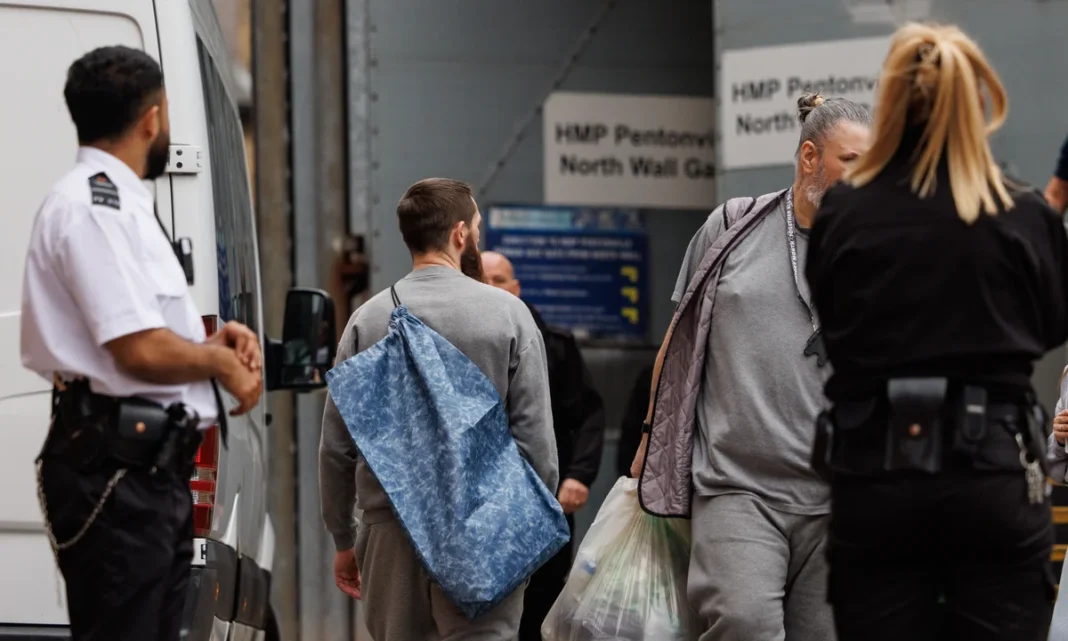Senior police raise concern over early prisoner release plans, warning they could undermine public safety. A letter from top law enforcement officials outlined their fears ahead of the government’s sentencing announcement last week.
The letter, reported initially by the Times, was sent to the Ministry of Justice. It was signed by the Met Police chief, an MI5 deputy director-general, and leaders from the National Crime Agency and National Police Chiefs’ Council.
Their message was clear: based on their understanding, the proposals “could be of net detriment to public safety.”
The signatories included Sir Mark Rowley, Gavin Stephens, Graeme Biggar, and counter-terror policing leads. They said their aim was to advise and shape policy—not oppose reforms outright.
The group raised concerns about costs linked to electronic tagging and risks if repeat offenders avoid jail due to reduced use of short sentences. They argued short prison terms still offer “temporary respite” for communities and send a strong message of justice.
They also opposed early release for “high-risk offenders,” including those jailed under national security laws. The letter warned that reducing sentences for these individuals could weaken deterrence and strain post-release monitoring systems.
Senior police raise concern that such changes could damage public confidence in the justice system. They acknowledged the system needs reform but stressed accountability must remain. “Out of court must not mean out of justice, and out of prison must not mean out of control,” they wrote.
In response, the Ministry of Justice said most concerns had been addressed. The government confirmed terrorists will not qualify for early release. Repeat offenders will still be eligible for short sentences.
Officials also highlighted an upcoming £700 million boost to probation services by 2029. This will help monitor tens of thousands more offenders using tagging and supervision.
A government spokesperson said they inherited a prison crisis nearing collapse. They promised never to run out of prison space again. New facilities will add 14,000 places by 2031—the biggest expansion since Victorian times.
Sentencing reforms will link release to behaviour and exclude the most dangerous offenders. Still, senior police raise concern that the policy may go too far without adequate safeguards.
For more political updates, visit London Pulse News.


